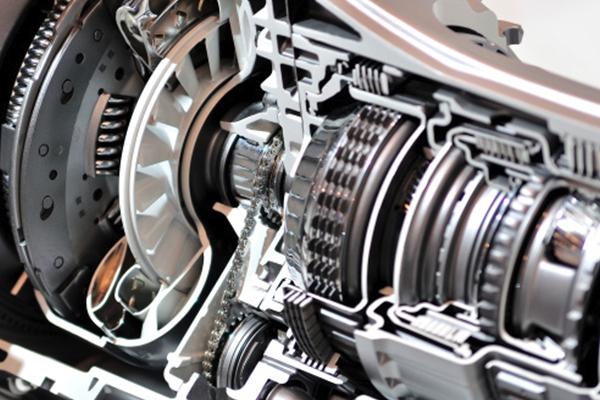Mobile:+86-311-808-126-83
Email:info@ydcastings.com
Understanding the Role of Hydraulic Impellers in Fluid Dynamics and Pump Efficiency Improvement
Understanding Hydraulic Impellers Mechanisms and Applications
Hydraulic impellers play a critical role in various fluid mechanics applications, particularly in the realm of pumps and turbines. These engineering components are designed to transfer energy from a rotating device to the fluid, effectively converting mechanical energy into hydraulic energy. In this article, we will delve into the mechanisms of hydraulic impellers, their design considerations, materials used, and their wide-ranging applications across different industries.
At its core, a hydraulic impeller is a rotating component with blades that manipulates the fluid flow, thereby increasing its velocity and pressure. This process is essential in systems where efficient fluid movement is required, such as in water supply systems, chemical processing plants, and power generation facilities. The design of an impeller can vary significantly depending on its intended application, with factors such as size, shape, and blade configuration playing crucial roles in its performance.
Mechanics of Hydraulic Impellers
The operation of hydraulic impellers is based on the principles of fluid dynamics. When the impeller rotates, it imparts kinetic energy to the fluid, causing it to flow outward from the center towards the periphery. This motion results in an increase in both velocity and static pressure. The design of the impeller blades influences the flow pattern and energy transfer efficiency.
Types of impellers include open, semi-open, and closed designs, each offering specific advantages under different operating conditions. Closed impellers, for instance, provide better efficiency and are ideal for high-pressure applications, while open impellers are often used for fluids with solids or larger particles, as they minimize clogging issues.
Design Considerations
When designing a hydraulic impeller, several factors must be taken into account. The impeller's diameter and rotational speed are crucial in determining the flow rate and pressure generation. Additionally, the angle of the blades, known as the blade pitch, significantly affects the fluid's velocity and flow characteristics.
hydraulic impeller

Other important design aspects include the hydraulic performance curves, which illustrate the relationships between flow rate, head, efficiency, and power consumption. Engineers must ensure that the impeller operates within optimal ranges to prevent cavitation — a damaging phenomenon that occurs when vapor bubbles form and collapse in the fluid due to pressure changes.
Materials Used in Hydraulic Impellers
The choice of materials for hydraulic impellers is vital for ensuring durability and performance. Common materials include cast iron, stainless steel, and high-strength plastics, each selected based on the fluid's chemical properties, temperature, and pressure requirements. Corrosion resistance and wear resistance are critical considerations, especially in industries dealing with harsh or abrasive substances.
Applications Across Industries
Hydraulic impellers are ubiquitous in various sectors, including water treatment, HVAC systems, and agriculture. In the municipal water supply system, for instance, impellers are integral to submersible pumps that transport water from underground aquifers. In industrial contexts, they play a vital role in chemical processing, where precise fluid dynamics ensure efficient mixing and transport of raw materials.
Moreover, hydraulic impellers are essential in the energy sector, particularly in hydroelectric power stations where they convert the kinetic energy of flowing water into electrical energy. The design and efficiency of the impeller directly influence the power output and overall efficiency of the turbine system.
Conclusion
In summary, hydraulic impellers are fundamental components in the fluid mechanics landscape, enabling efficient energy transfer in various applications. Their design, material selection, and operational parameters are crucial for optimal performance. As technology advances, the development of more efficient and durable impellers continues to support various industries, enhancing productivity and sustainability in fluid management systems.
-
Why Should You Invest in Superior Pump Castings for Your Equipment?NewsJun.09,2025
-
Unlock Performance Potential with Stainless Impellers and Aluminum End CapsNewsJun.09,2025
-
Revolutionize Your Machinery with Superior Cast Iron and Aluminum ComponentsNewsJun.09,2025
-
Revolutionize Fluid Dynamics with Premium Pump ComponentsNewsJun.09,2025
-
Optimizing Industrial Systems with Essential Valve ComponentsNewsJun.09,2025
-
Elevate Grid Efficiency with High-Precision Power CastingsNewsJun.09,2025











